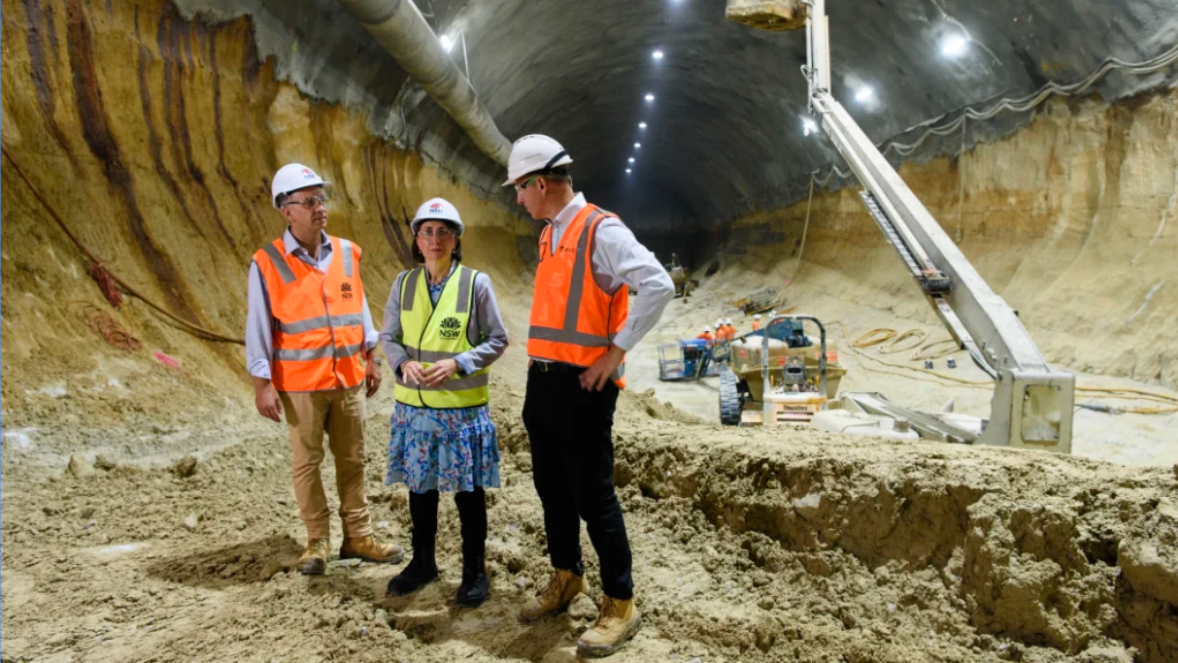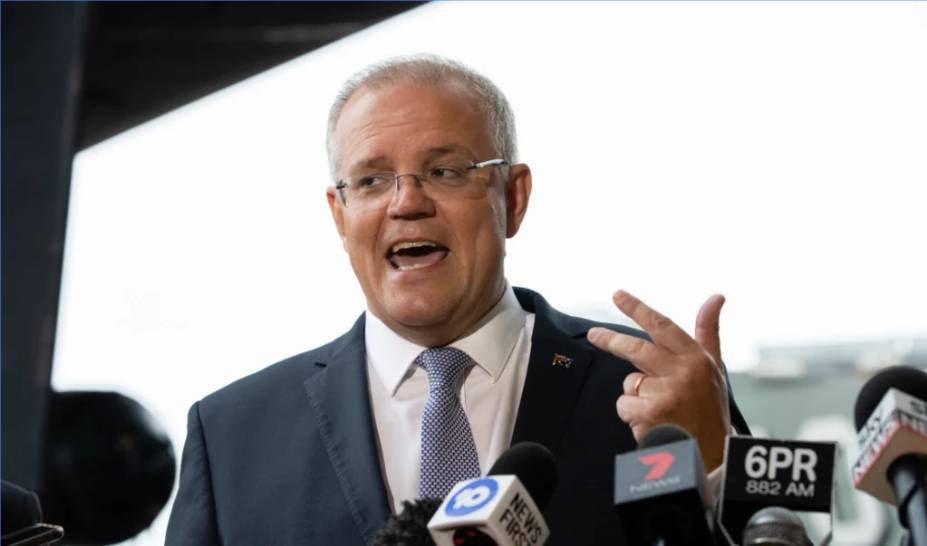Can You Trust Public Opinion Polling?
Following the strong result for the Victorian Labor Party at the 2018 Victorian State Election, questions were asked of the accuracy of the public opinion polling, with Labor achieving a two-party preferred result 3-4% greater than the opinion polling was suggesting.
The major parties will be looking at the opinion polling for the NSW election closely to see if it aligns with the state-wide election results as well as the seat-by-seat. Polls released by YouGov Galaxy and Newspoll are predicting a near 5% swing against the Coalition in NSW, predicting a dead-heat between the major parties.
If the results prove to be stronger for the Labor Party than expected, this would be consistent with the results of the Victorian State Election and see a significant change in the political landscape in NSW.
This would also raise concerns for the Federal Coalition. It would indicate the chance of stronger outcomes for the Labor Party on a national level than polling currently suggests could lead to a larger than predicted swing against the Coalition at the federal election.
If polling shows a stronger outcome for the Coalition than expected, their federal colleagues can take a sense of hope for their upcoming federal election campaign. This would give them the hope that the public polling is inaccurate, and the federal result may be closer than first thought.
In any event, if the results do align with the opinion polling, then Labor will be the happier of the two major parties, as the current federal polling has them ahead by a winning margin.
No matter the final result in NSW, the current polls would be concerning for the NSW Premier, the Hon Gladys Berejiklian MP, who most commentators credit with delivering on transport and infrastructure spending and maintained a strong NSW economy. Another signal perhaps of a volatile electorate.
(Re) Rise of the Shooters, Fishers and Farmers
Another aspect that the major parties will be keenly observing is the strength of the Shooters, Fishers and Farmers Party in rural & regional NSW. Swings against the Nationals in traditionally held seats are leading commentators to dub the Shooters, Fishers and Farmers as the ‘quazi-Nationals’. Currently, the Shooters, Fishers and Farmers Party are tipped to potentially increase their lower house seats and will be a powerful force in the event of a hung parliament in NSW.
If the Shooters, Fishers and Famers have a strong performance at the NSW Election and can replicate the primary vote they receive in the rural seats across NSW at the federal election they are an outside chance to win the last NSW Senate seat (depending on ballot position and preference negotiations).
A potential casualty of the rise of the Shooters, Farmers and Fishers is the Australian Greens, who at the 2016 Federal Election only received half of the votes that will be required to elect a Senator at the 2019 Federal Election. This means the Greens will be heavily reliant on preference flows from the major parties (above the minor parties) to retain their Senate position.
Mark Latham MKIII?
One Nation also has a increased presence at this NSW Election, with former leader of the Federal Labor Party, turned upper house candidate for and Leader of NSW’s One Nation Party, Mr Mark Latham only needing 4.55% of the vote to be elected to the NSW Legislative Council.
This makes his election very likely and will create an interesting dynamic between the Labor Party, which served the former leader a life time ban in 2017 after he joined the Liberal Democrats, and Mr Latham in the Legislative Council. For the Federal Labor Party, there will be some concerns that Mr Latham will now have a wide-reaching platform to speak against his former party.
Also on the ticket is former Federal Liberal Democratic Party senator, Mr David Leyonhjelm, who announced his resignation to contest the NSW State Election. This will likely spell the end of the Liberal Democrats in the Senate who only received 3.09% of the vote at the 2016 Federal election and have now lost the name recognition of Mr Leyonhjelm.
THE CHRISTCHURCH AFTERMATH
Following the horrifying attack that killed 50 people in Christchurch last Friday, there was an outpouring of grief for the victims and reflections about social media, security, immigration and the tone of the wider political discourse.
Australian politicians conveyed their shock at the attack and praised New Zealand Prime Minister the Right Hon Jacinda Ardern MP for her handling of the aftermath. Prime Minister the Hon Scott Morrison MP turned to a wider discussion of unity, warning of a return to ‘tribalism’.
‘If we allow a culture of ‘us and them’, of tribalism, to take hold; if we surrender an individual to be defined not by their own unique worth and contribution but by the tribe they are assigned to; if we yield to the compulsion to pick sides rather than happy coexistence, we will lose what makes diversity work in Australia’, he said.
Shadow Minister for Foreign Affairs, Senator the Hon Penny Wong, spoke directly to New Zealanders, saying ‘we regard you as family and today your Australian family grieves with you’.
Prime Minister Morrison also announced an additional $55 million in Australian community safety grants, to be allocated to places of worship and religious schools.
On Thursday, NZ Prime Minister Ardern announced that military-style semiautomatic weapons, assault rifles and high-capacity magazines would immediately be banned in New Zealand.
Ms Ardern stated, ‘On 15 March our history changed forever. Now our laws will too. We are announcing action today on behalf of all New Zealanders to strengthen our gun laws and make our country a safer place. Every semi-automatic weapon used in the terror attack on Friday will be banned’.
Latest posts by Nexus APAC (see all)
- United Kingdom General Election 2024: An Overview - April 15, 2024
- Australian Voters Go to the Polls - February 26, 2024
- Secretaries of Federal Departments – An Overview - February 1, 2024



